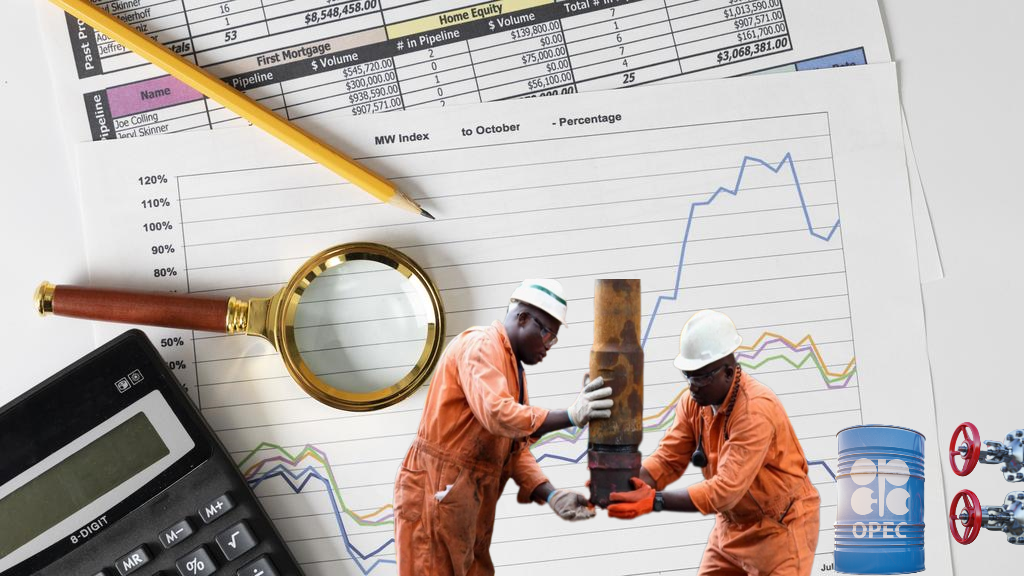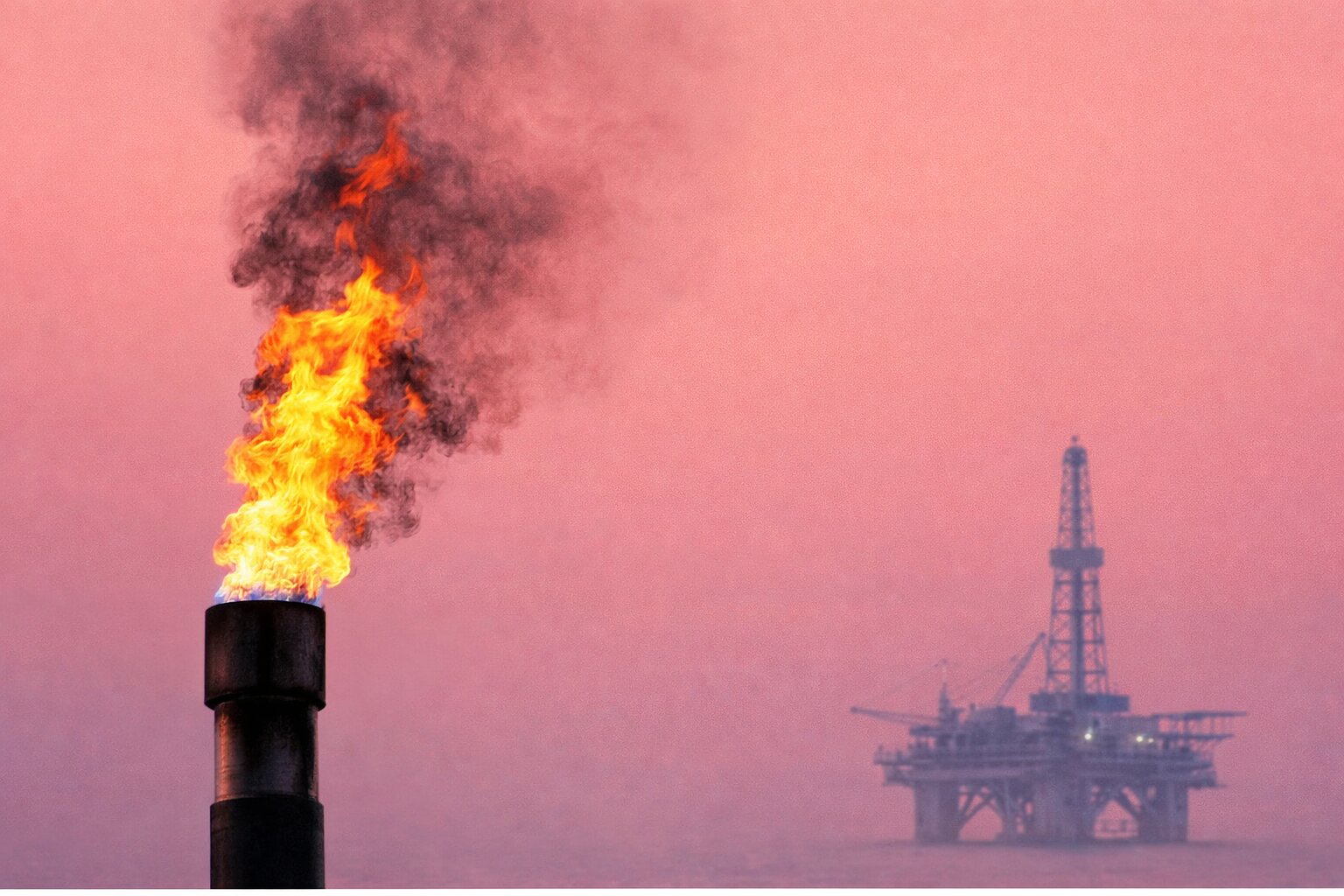
OPEC's Challenges IEA Forecast: Predicts Surge in Global Oil Demand
OPEC's Forecasts Rising Global Oil Demand Contrary to IEA, Asserts Oil's Integral Role in Future Energy Mix
Organization of the Petroleum Exporting Countries (OPEC), as reported by CNBC, anticipates that global oil demand will surge to 110 million barrels per day by 2045, a prediction signaling a considerable 23% increase in overall energy demand. OPEC's stance is that oil will continue to be a significant player in the world's energy mix, accounting for nearly 29% of it by 2045. This viewpoint was reinforced by OPEC's Secretary General Haitham Al Ghais at the Energy Asia conference in Malaysia.
Yet, the International Energy Agency (IEA), another key voice in this discourse, paints a divergent picture. According to the IEA, global oil demand growth is set to slow substantially, decelerating to near stagnation in the coming years, propelled by the ramping up of transitions to cleaner energy sources.
Unraveling this disparity, it appears that OPEC and the IEA's predictions diverge primarily on the impact of electric vehicles (EVs) and other technologies. The IEA anticipates a deceleration in oil demand growth from 2.4 million barrels per day this year to 400,000 barrels daily by 2028. This bearish forecast is fuelled by a belief in the rapidly accelerated deployment of electric vehicles, higher fuel efficiency, and the broader adoption of "other technologies."
On the contrary, OPEC maintains that even with the rise of EVs, the growth in oil demand is unavoidable. One area of consensus between the two organizations seems to be that Asia, particularly China and India, will be the primary drivers of global oil demand in the observable future.
But this growth could be undermined by electric vehicles, according to a recent report by China’s National Petroleum Corporation (CNPC). The research arm of the state-owned major forecasted a slowdown in oil demand growth this year due to increased EV sales.
Another aspect that both the IEA and OPEC concur on is the importance of the petrochemicals industry for oil demand. The industry is seen as continuing to drive demand over the medium term, even if EVs start to undermine demand for fuels.
OPEC's optimism about future oil demand does not entirely dismiss the role of renewables. Secretary General Al Ghais acknowledges the increasingly significant role of renewable power in the world's energy mix. However, he strongly emphasizes that "oil remains an integral part of the mix."
Yahoo Finance's markets reporter, Jared Blikre, also highlighted the political influence on oil prices, noting the recent situation in Russia. While the potential political disruption in Russia captured traders' attention, Blikre highlighted that the situation's impact on oil prices is not as volatile as it was during the beginning of the Russia-Ukraine conflict in 2022.
Amid all these factors, global oil demand and prices are affected by geopolitical events, technological advancements, policy shifts, and economic growth. All these elements interplay in a complex dance that keeps the future of oil demand and prices in a constant state of flux.
As OPEC predicts a rise in global oil demand to 110 million barrels per day and a 23% increase in overall energy demand by 2045, we can see that the industry's trajectory is influenced by numerous factors. These include urbanization rates, global GDP growth, underinvestment in the industry, and the persistent tug-of-war between traditional fossil fuels and renewables. Amid these conflicting forecasts and the volatile geopolitical landscape, the future of global oil demand continues to be a space of dynamic, intriguing watchfulness.
Despite the headwinds, the outlook for the oil industry still seems cautiously optimistic. This is evidenced by Brent crude trading about 0.92% to continue the story
higher at $76.24 per barrel while the US West Texas Intermediate (WTI) rose by 0.73% to $73.55 per barrel. These figures suggest that investors, at least in the short term, are still betting on an oil market where demand is robust.
As a complement to the global oil demand predictions, some significant developments in the renewable energy sector also warrant attention. As reported by CNBC, renewable energy will account for a third of the world's total energy supply by 2024. This forecast comes from the International Renewable Energy Agency (IREA), highlighting that the rising adoption of renewable energy technologies could well pose a significant challenge to the future of oil.
Moreover, the World Economic Forum (WEF) recently released a report suggesting that over half of the world's GDP - $44 trillion - is moderately or severely exposed to risks associated with nature loss. Hence, the increasing recognition of the environmental impact of fossil fuels and the consequent push for renewable energy alternatives are other crucial factors that could significantly influence future oil demand.
As the tug-of-war between traditional fossil fuels and renewables continues, it becomes increasingly clear that the future of global energy consumption will be a multi-dimensional puzzle, influenced by technological advancements, economic development, geopolitical events, and environmental concerns.
Thus, while the future of global oil demand may seem uncertain, the discourse around it is not just about oil but about the larger narrative of our global energy landscape. The conversations and conflicts we see today between organizations like OPEC and the IEA, between countries, and within industries, are a reflection of the changing dynamics in this landscape. They underscore the increasing urgency to balance economic growth and sustainability while ensuring energy security.
As we move forward, the energy dynamics are likely to become even more complex, requiring a multi-faceted approach that includes not only advances in technology and changes in consumer behavior but also robust policy measures and international cooperation.
In conclusion, the divergence between the OPEC and IEA forecasts highlights the complexities and uncertainties of predicting future energy demand. It is a stark reminder that the future of global oil demand will not be decided by predictions alone but will also hinge on the world's collective actions and decisions. Only time will tell which of these forecasts will turn out to be more accurate.
Read More
-
IVV ETF Price Forecast: Is $684 Still Worth Paying For S&P 500 Exposure?
14.02.2026 · TradingNEWS ArchiveStocks
-
XRP ETF Rally: XRPI at $8.09 and XRPR at $11.60 as XRP-USD Rebounds Toward $1.47
14.02.2026 · TradingNEWS ArchiveCrypto
-
Natural Gas Futures Price Holds Around $3.20 as Storage Tightens and Winter Premium Fades
14.02.2026 · TradingNEWS ArchiveCommodities
-
USD/JPY Price Forecast: Yen Strength Turns 152 into a Make-or-Break Level
14.02.2026 · TradingNEWS ArchiveForex



















